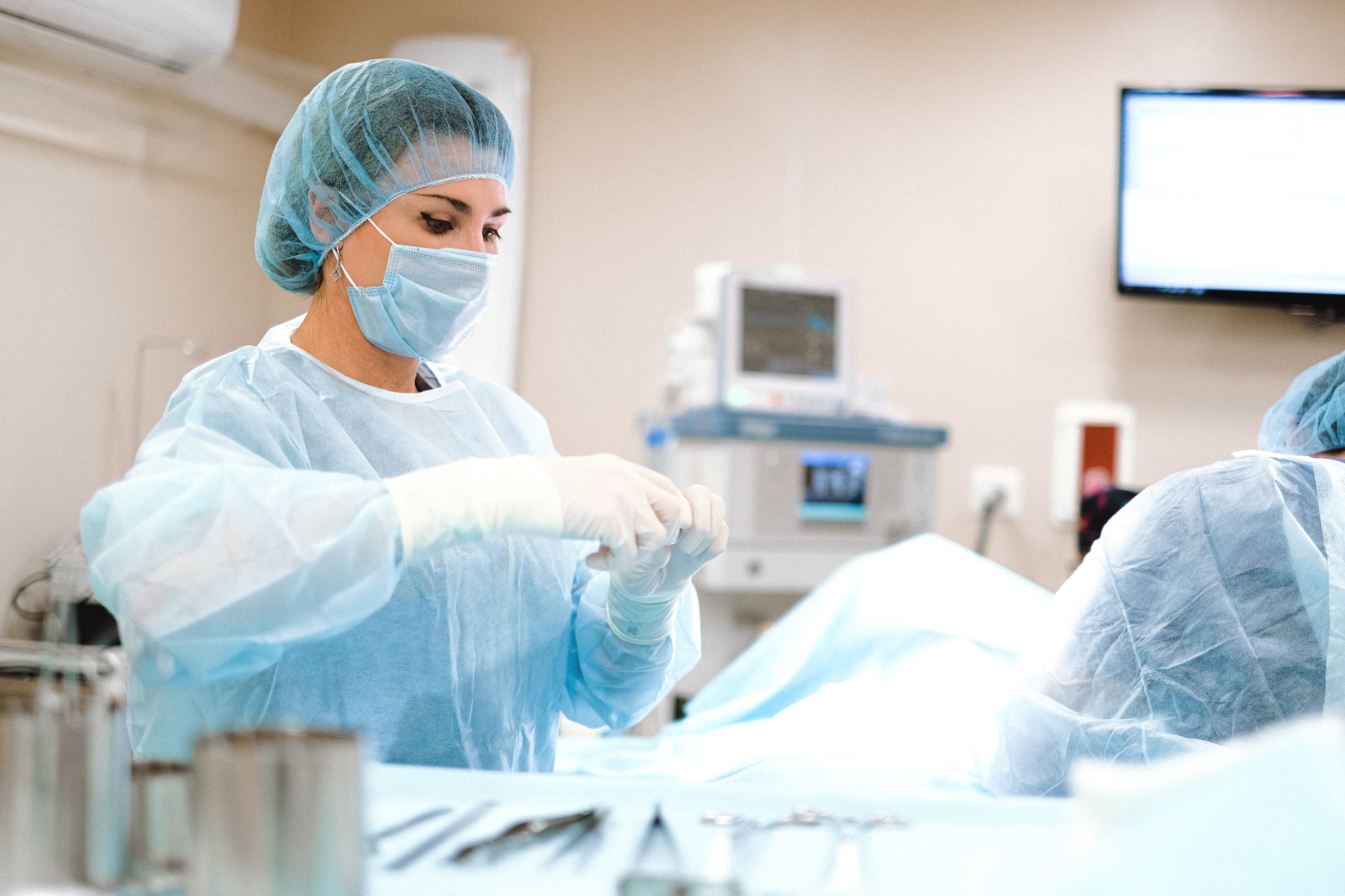
Weight Loss Surgery: Weighing the Benefits and Risks
In the United States, Britain, Australia, and much of the developed world, obesity is now at the highest rate it has ever been. According to the Centers for Disease Control (CDC), more than one-third of adults in the U.S. are overweight or obese. The consequences of obesity include type 2 diabetes, heart disease, and even cancer. Obesity can severely hamper one’s quality of life, limiting mobility and leading to a higher rate of depression and anxiety. Based on these factors, it is not difficult to see why many people resort to surgery in order to kick-start their weight loss. However, anyone who is considering weight-loss surgery should carefully consider the advantages and disadvantages of this surgical intervention.
Weight-loss surgery is now a common method of combating obesity. Weight-loss surgery, also known as bariatric surgery, refers to several surgical procedures that overweight people undergo in order to lose weight. The weight loss is often rapid. The three main surgical procedures include gastric bypass, gastric banding, and sleeve gastrectomy. Gastric bypass involves cutting out part of the stomach and re-routing the digestive system straight into the small intestine, thus suppressing hunger. With gastric banding, an inflatable band is placed around the top part of the stomach. This makes the stomach smaller, and it will therefore take less food to feel full. Sleeve gastrectomy involves removing part of the stomach to reduce the amount of food that can be consumed as part of a meal.
Weight-loss surgery has a variety of risks. Some of these risks are general, and some of them relate to each procedure. One side effect of the gastric banding procedure is dilation of the esophagus. Because the stomach is so small, food can build up in the food pipe if a person overeats. This serious complication can be avoided by sticking to small meal sizes. Gastric bypass procedures can lead to vitamin and mineral deficiencies, so patients must take vitamin supplements. Sleeve gastrectomy can also lead to vitamin deficiencies, although the risk is much smaller. People who undergo sleeve gastrectomy also sometimes suffer from ulcers or heartburn.
Recovery time from weight-loss surgery is based on factors such as general health, other medical conditions, and activity levels. After surgery, patients spend between two and five days in hospital, though it sometimes takes months for them to return to normal daily activities. The surgery often requires a large incision, so patients who undergo bariatric surgery are often advised not to do any heavy lifting or take part in any high-impact sport for about six weeks. Many patients also experience diarrhea, vomiting, and nausea. Any surgery comes with a certain amount of risk, including bleeding, blood clots, infection, and delayed healing.
One of the most dramatic lifestyle changes necessitated by weight-loss surgery are the dietary changes. Patients are not able to return to their pre-surgery eating habits. Immediately after surgery, patients must stick to a liquid diet, eating three small meals per day and drinking protein supplements at other times. Some doctors recommend a puree diet after the liquid diet. After this initial period, patients are advised to stick to a diet which is high in protein and nutrients. Since the stomach can only hold a small amount of food (about 1 cup), they must eat about every three or four hours, and must consume healthy foods which pack a lot of energy and nutrients into a small volume. People who have undergone any kind of weight-loss surgery must adhere to an exercise regimen, take vitamins every day, eat slowly (a meal takes about half an hour to eat), avoid carbonated drinks, and avoid drinking with meals.
It is clear that weight-loss surgery requires serious lifestyle changes. Obese people who undergo the surgery can not return to their old habits. Not only are they required to stick to a strict diet, but they also must follow a schedule which requires a lot of planning and forethought, all of which can interfere and conflict with the person’s social life. For instance, they cannot simply get a soda and popcorn at the movies, or their family members may continue to cook large, fatty meals, or foods which they can only eat in small amounts.
Anyone who is considering weight-loss surgery should consider carefully whether the benefits outweigh the risks. They should also ask themselves whether they are ready to dramatically change their lifestyle, and whether they will receive the support they need from family and friends, both immediately after the surgery and in the months beyond.
Diet and exercise are often ineffective at bringing out weight loss and reversing metabolic changes (such as pre-diabetes), especially in people who are very overweight. Various studies have suggested that weight-loss surgery is significantly more effective at bringing about weight loss than diet and exercise alone. Anyone considering surgery should ask themselves whether they are comfortable with the risks, and consider discussing their case with a dietician or doctor. Although the risks are real, obesity can come with its own cost, including a shortened lifespan. Surgery may seem drastic, but sometimes drastic action is needed to turn your life around.








